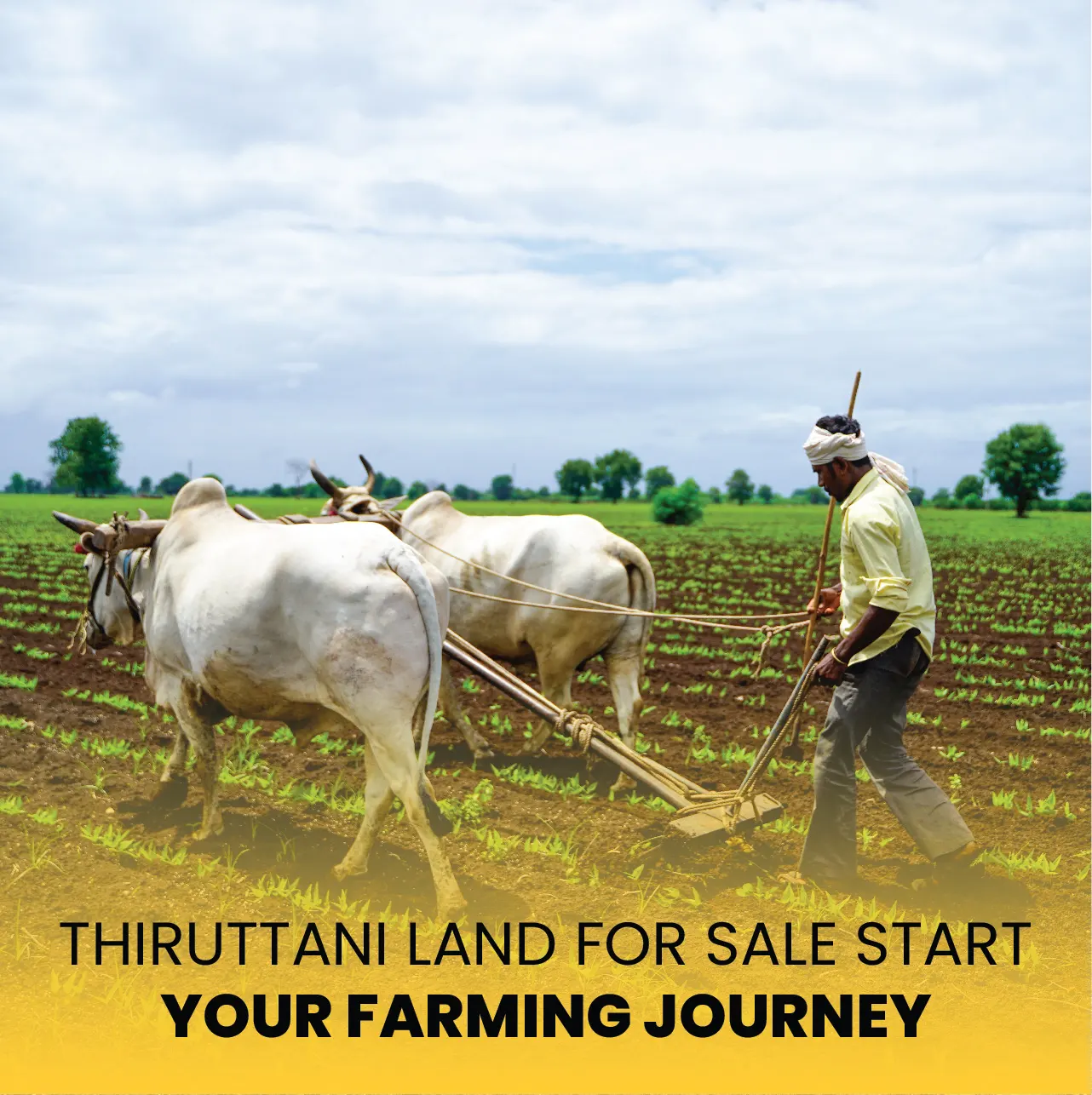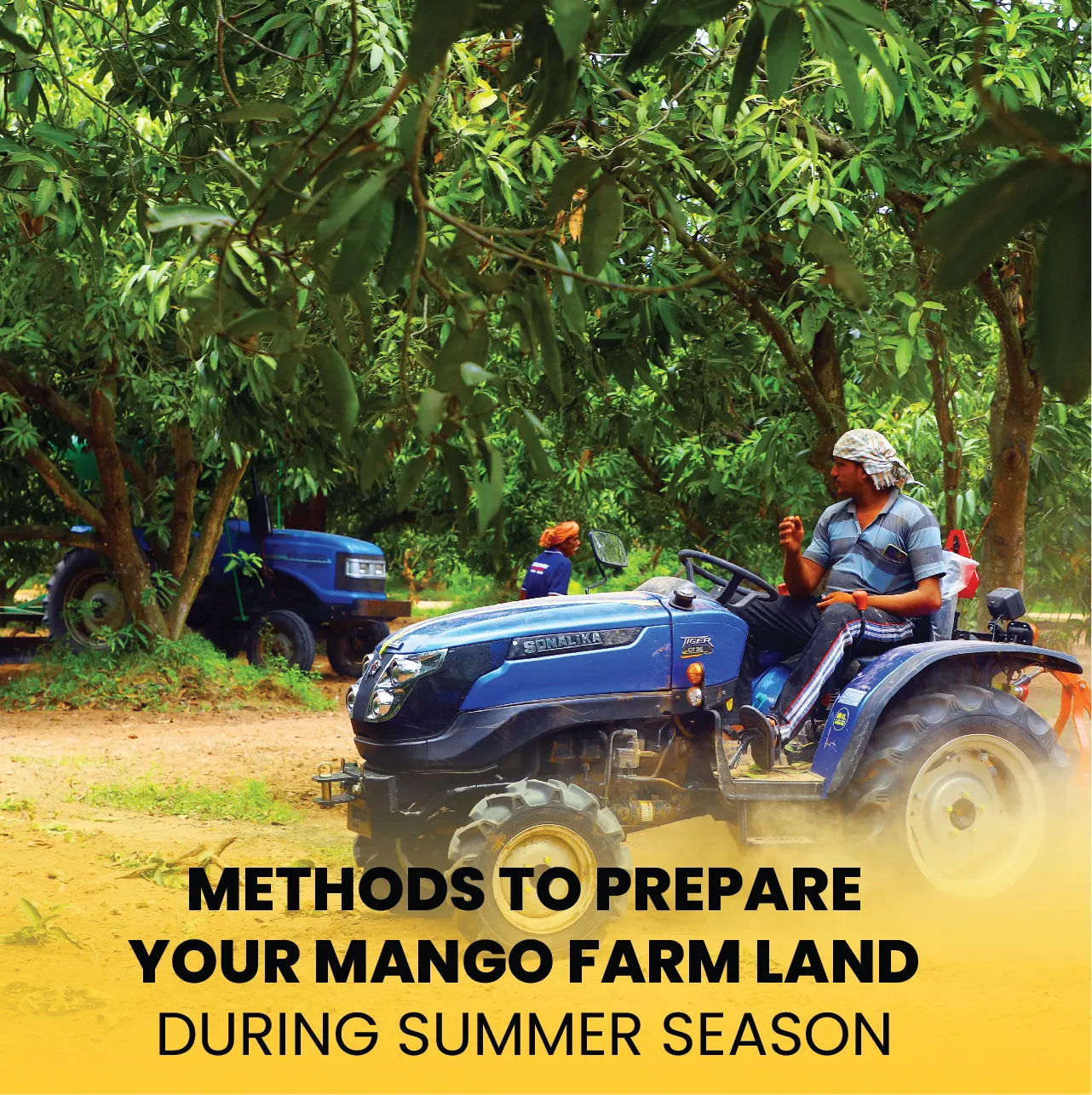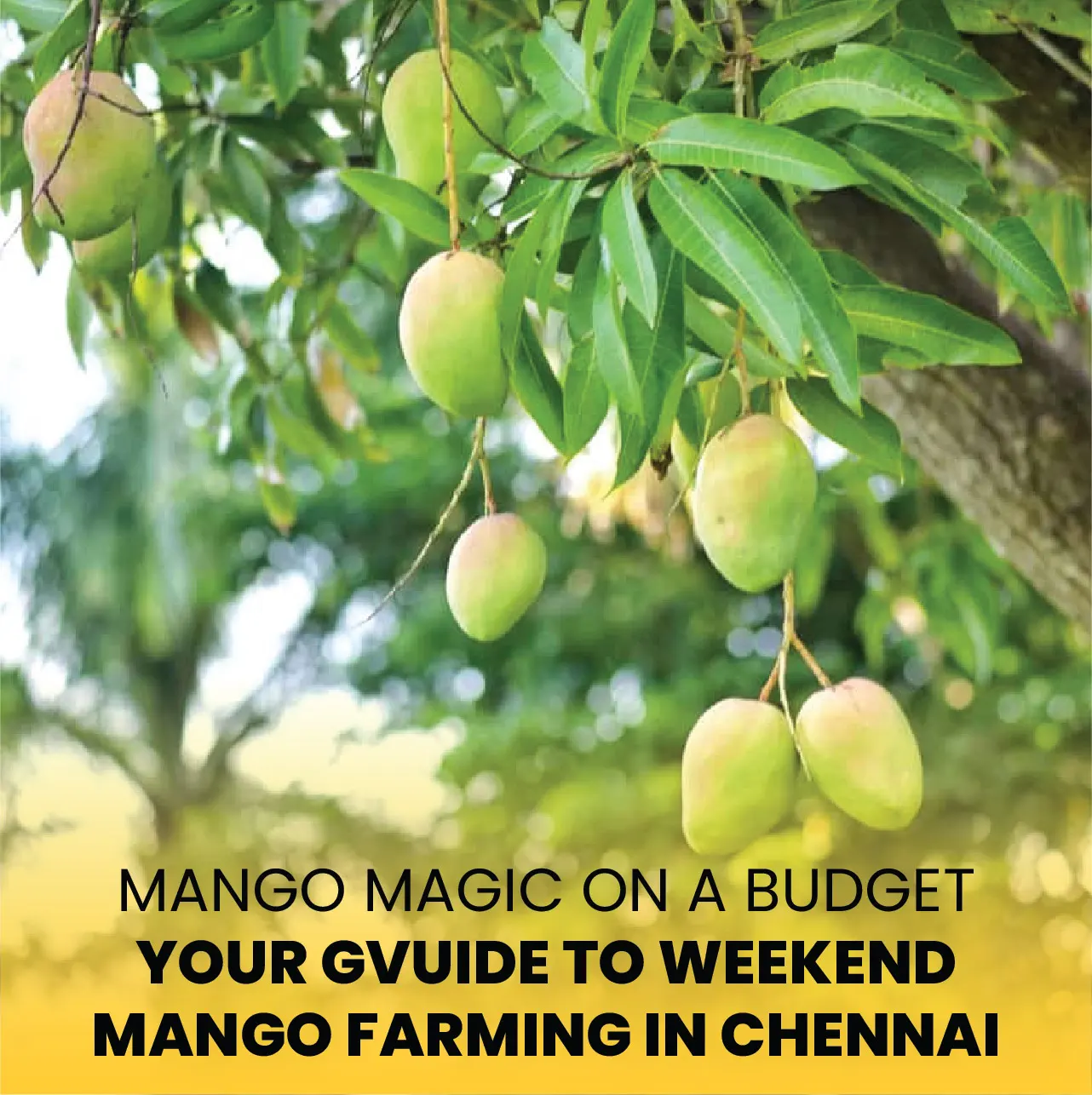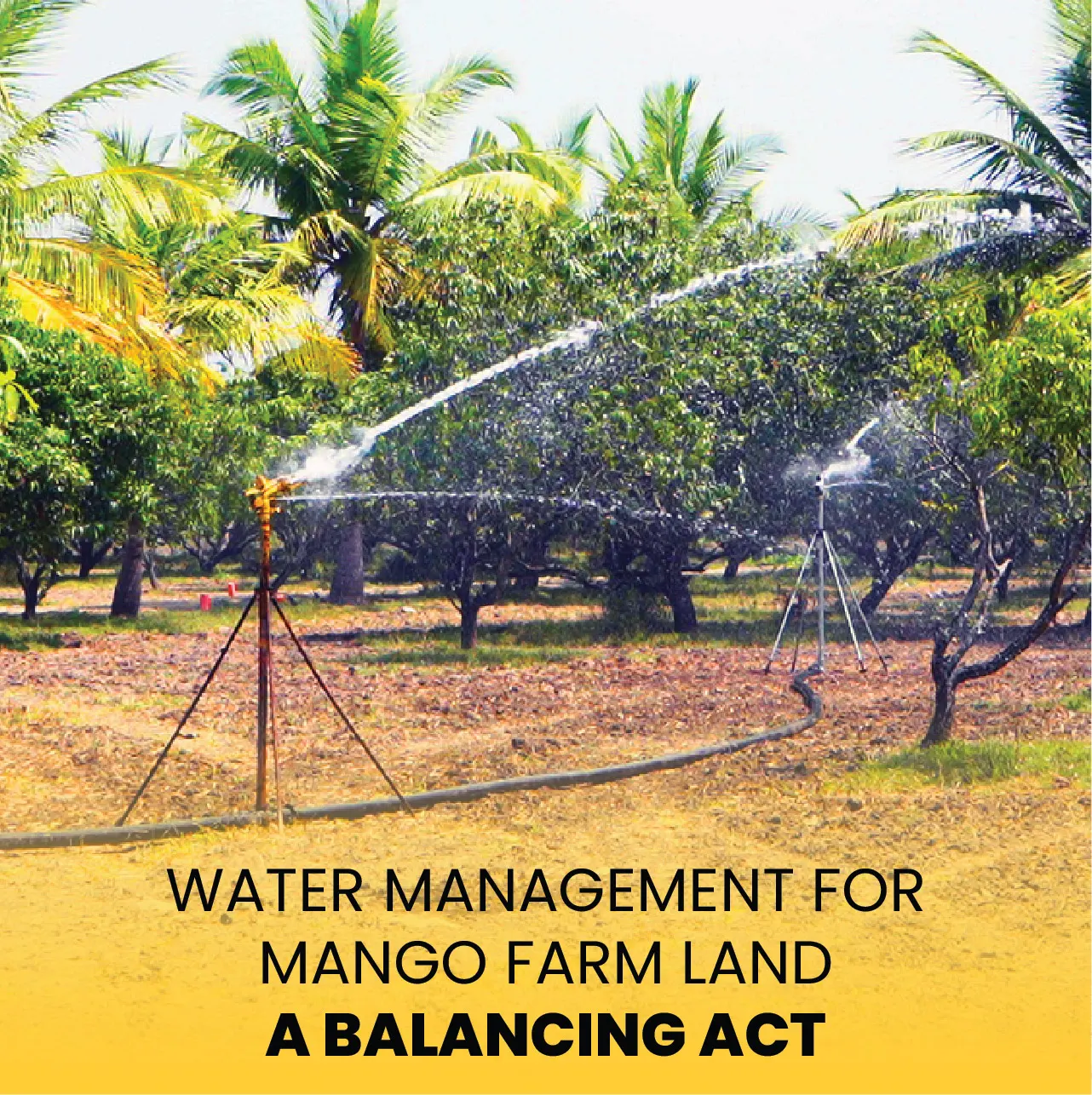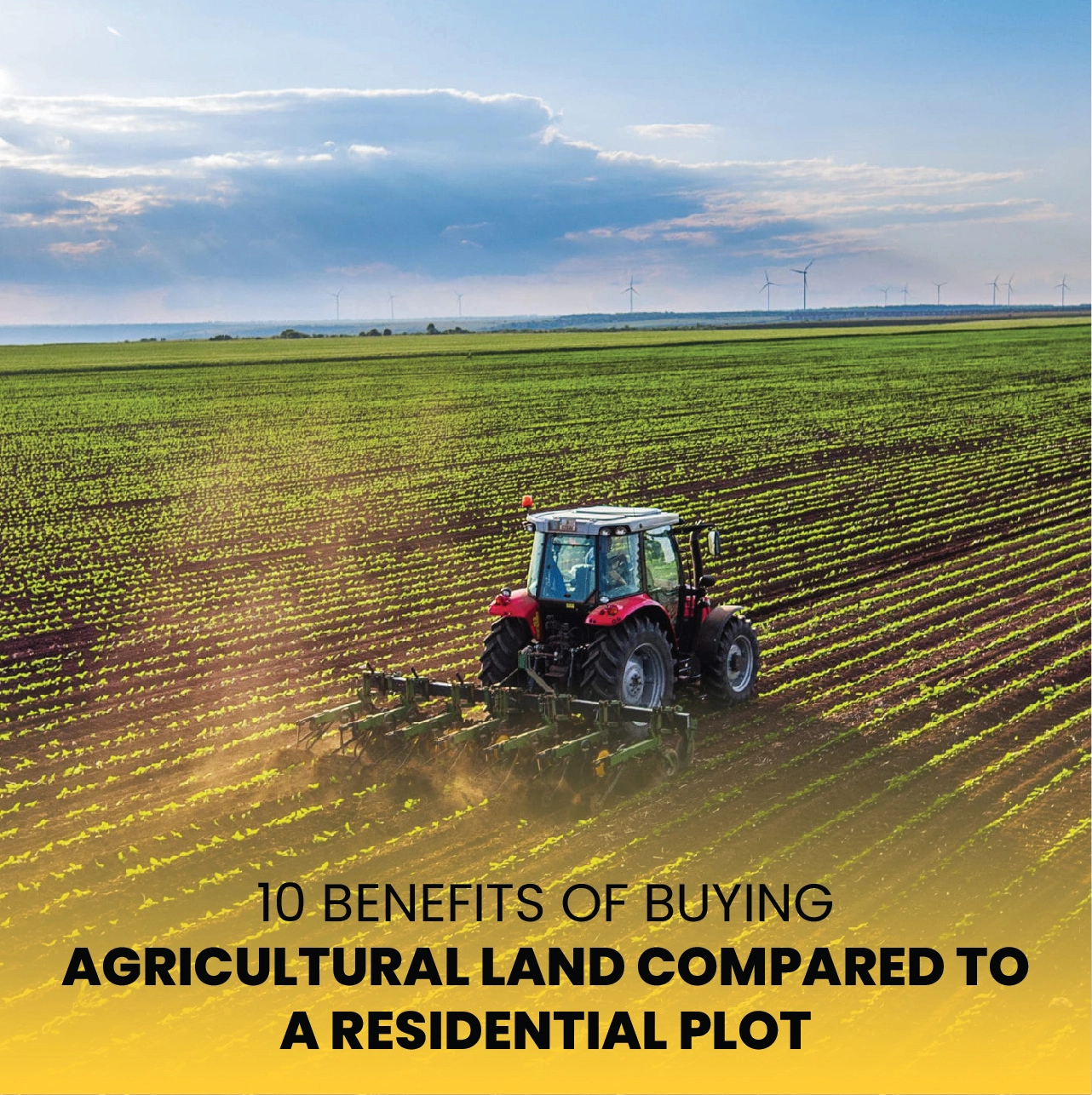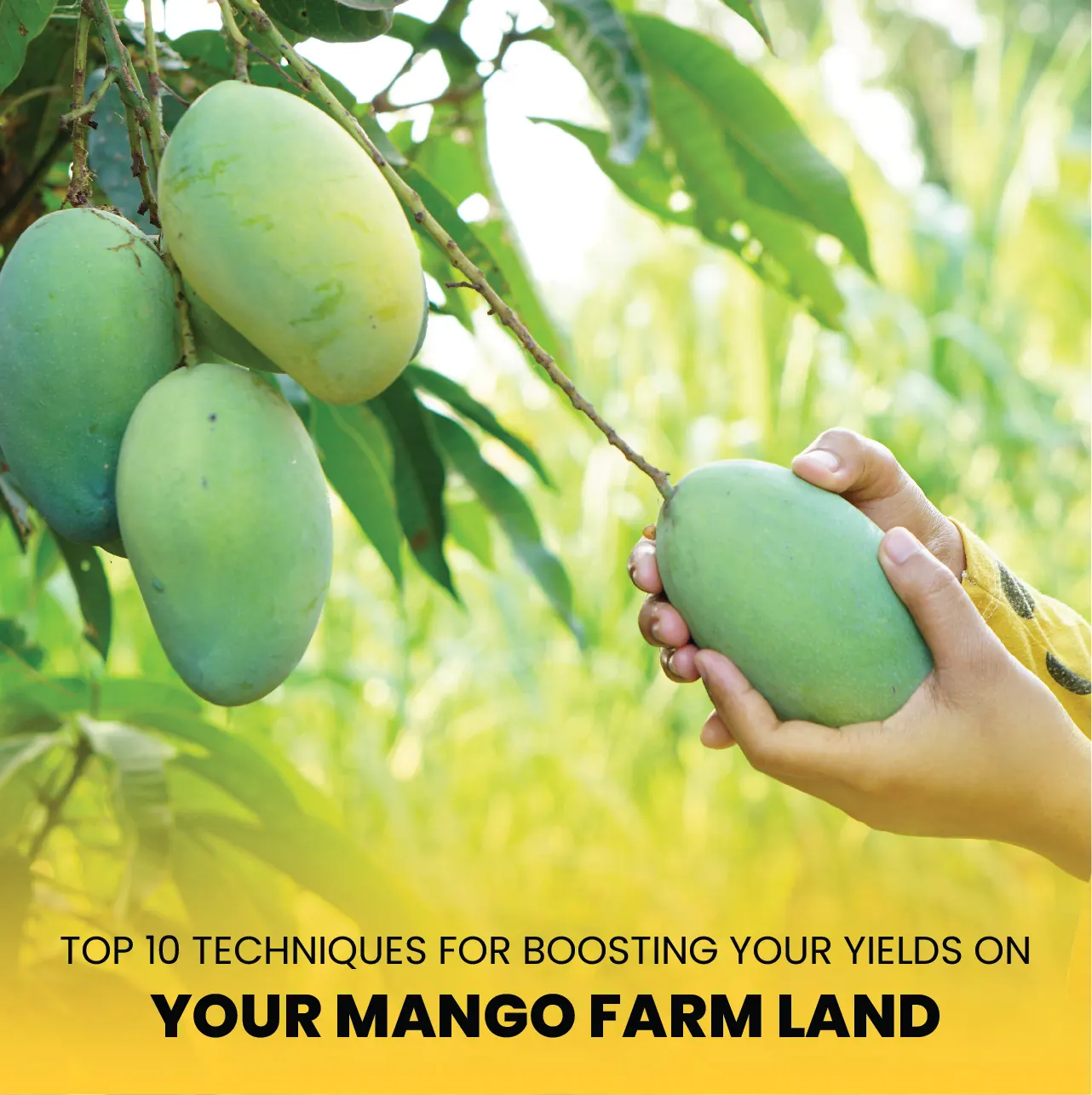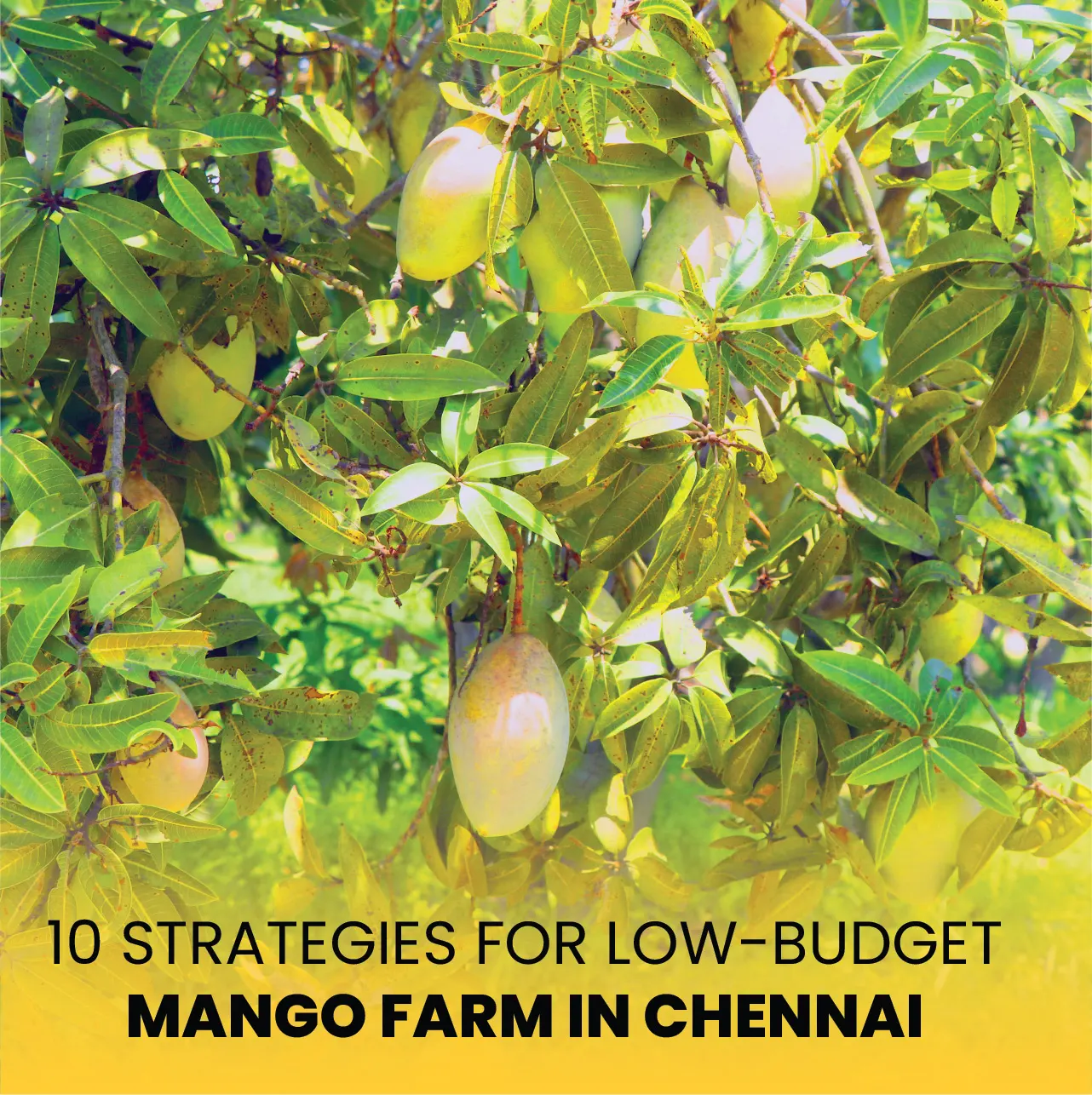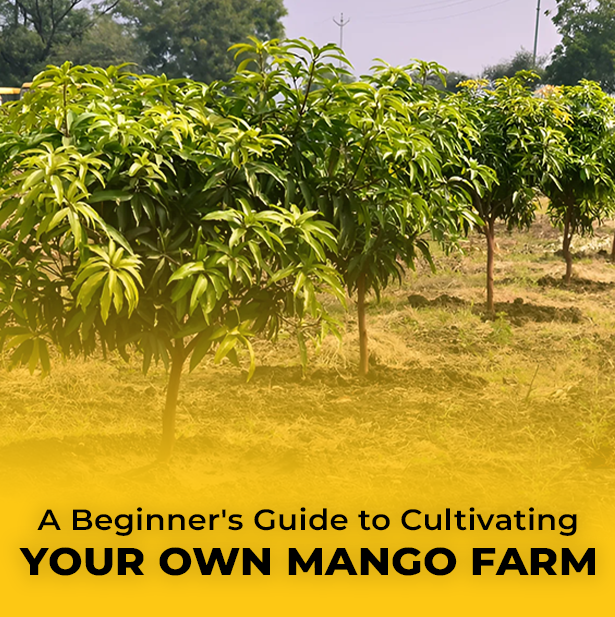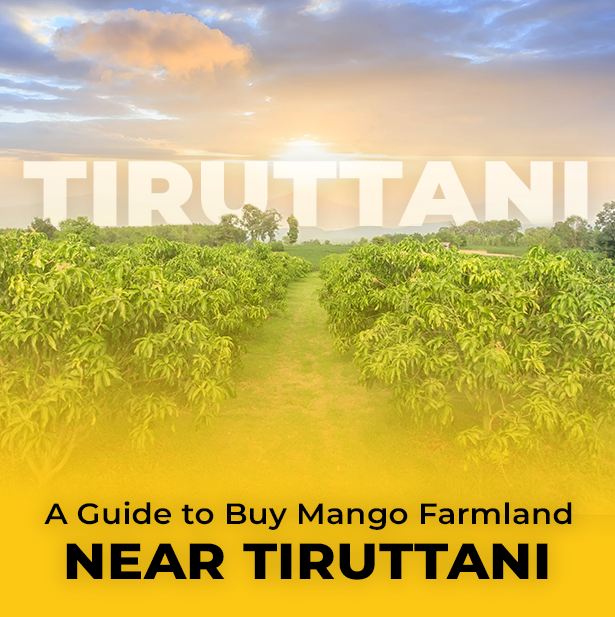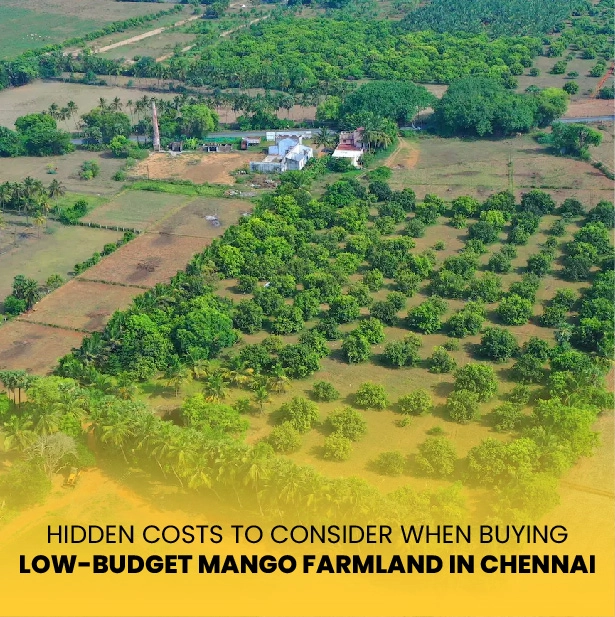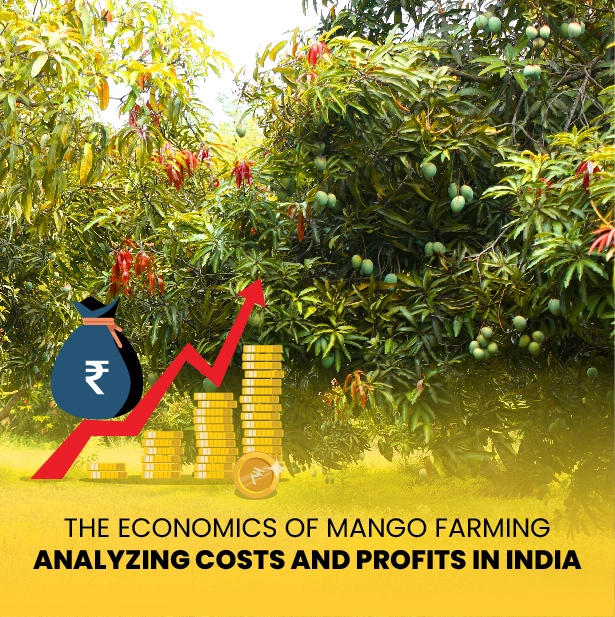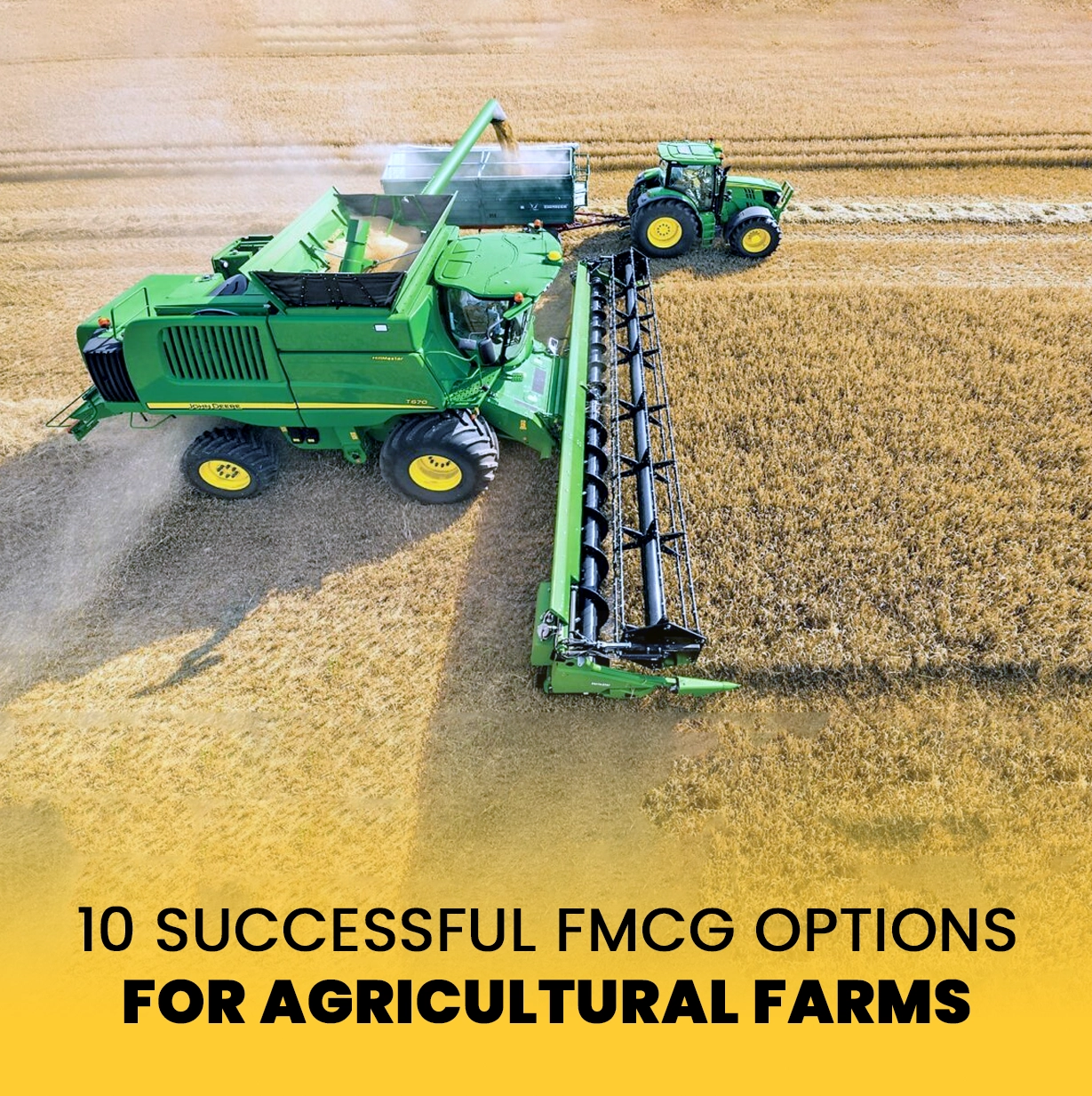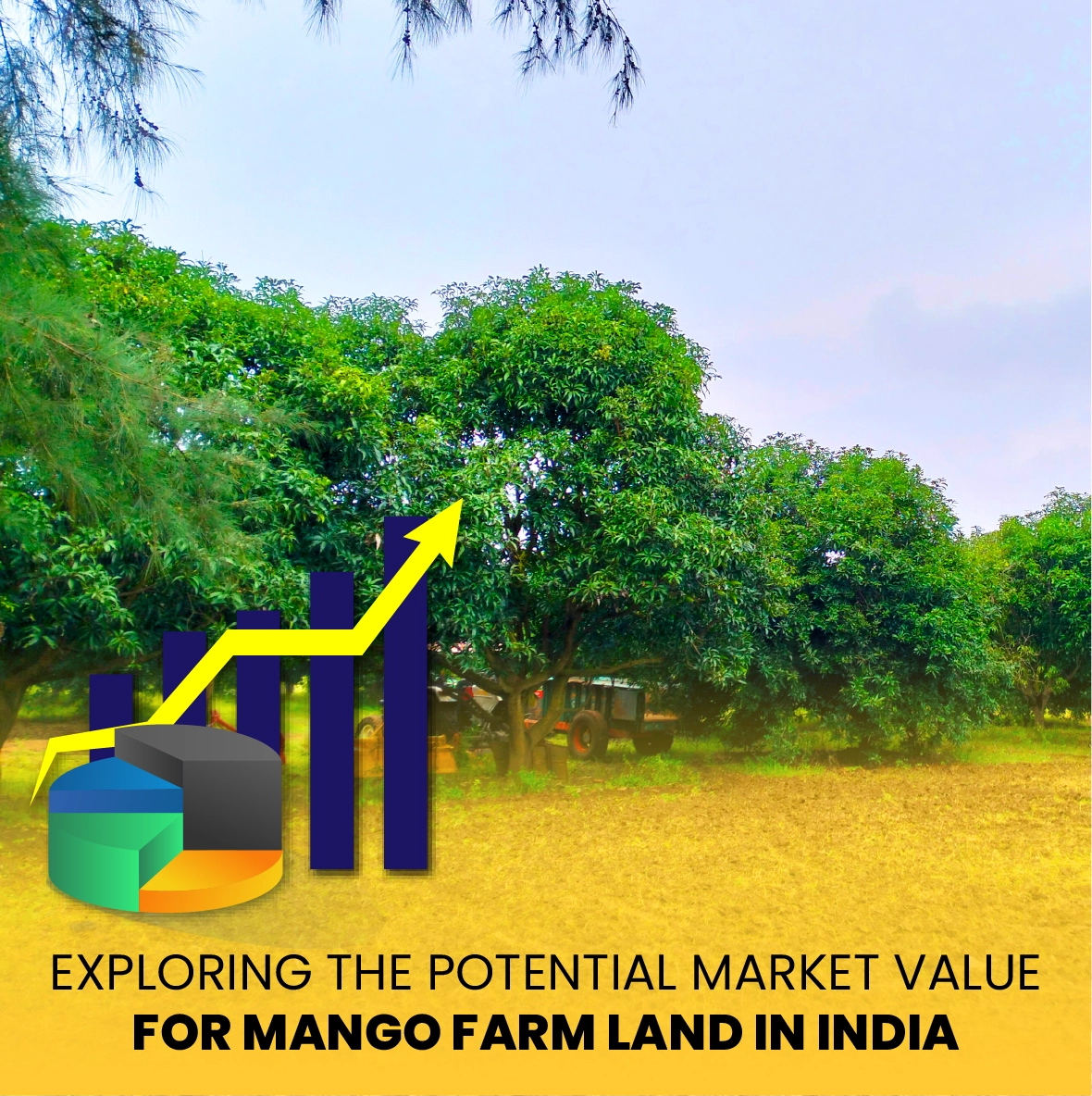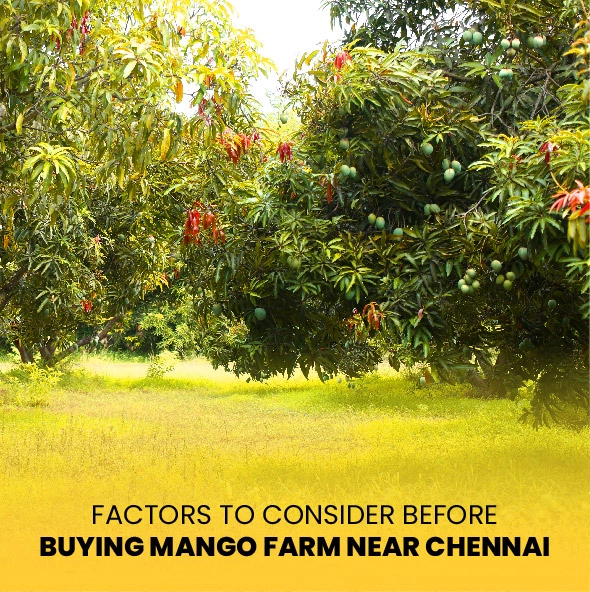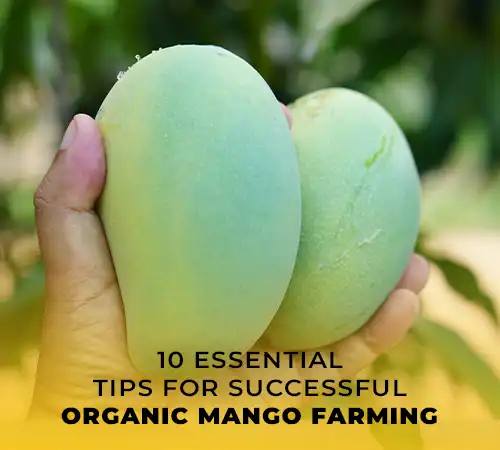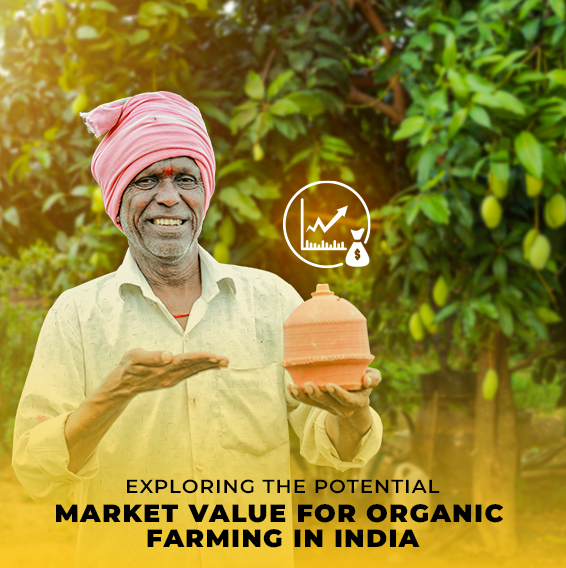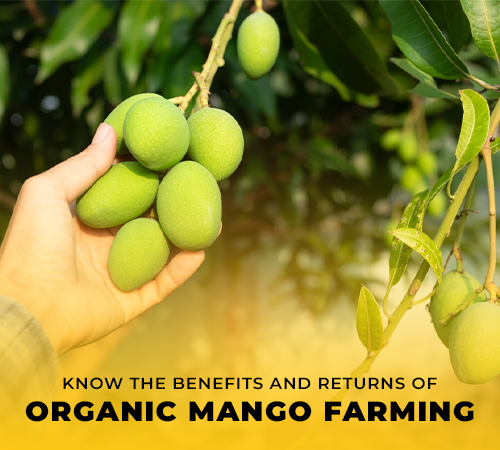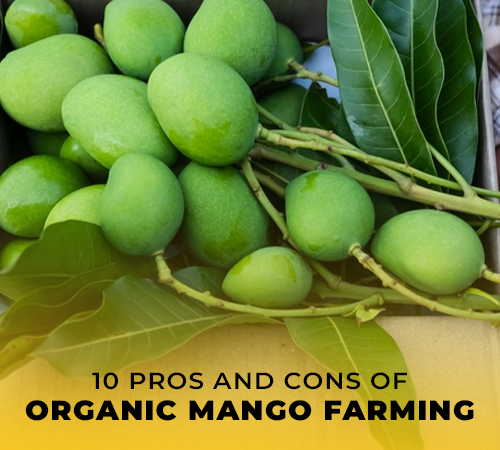Nestled down in the center of India is a small community that has come to represent the king of fruits—mangoes. This amazing location, known as the "Mango Village," is a symbol of India's rich agricultural legacy and a refuge for mango lovers, with an astonishing array of 102 different mango varieties. The Malihabad area of Uttar Pradesh houses Mango Village, a testament to the nation's deep love for this luscious fruit and a prime example of biodiversity, sustainability, and traditional farming methods.

Mango Village's history started many years ago among farmers driven by an intense love for growing mangoes. Long recognized for its rich soil and mild temperature, Malihabad—often referred to as the mango region of India—is a perfect place for mango farming. Over time, the residents developed their abilities and expanded their orchards by grafting, cross-breeding, and carefully selecting new types.
Prominent horticulture Kaleem Ullah Khan, sometimes known as the "Mango Man" of India, is one of the main forces behind Mango Village's success. Having inherited his passion for mangoes from his ancestors, Khan has worked for more than six decades honing the craft of mango growing. His passion and knowledge have greatly contributed to the preservation of rare mango types and the introduction of new ones, ensuring Mango Village's continued status as a center for mango variety.
Mango Village is distinguished by the wide range of mango varieties grown here. For mango enthusiasts, every type offers a unique taste, texture, colour, and scent. From the exotic Chausa and Amrapali to the well-known Dasheri and Langra, the town has an amazing 102 types, each with a different tale.
Mango Village's variety of mangoes extends beyond a simple count to include quality. The farmers take immense satisfaction in tending their orchards using age-old methods handed down through the years. Every effort aims to preserve the natural equilibrium of the ecosystem, with organic agricultural techniques being the standard. This dedication to sustainable farming has enabled the community to create not just mouthwatering mangoes free from dangerous pesticides but also nutritious ones.
Mango Village's farmers protect a rich horticultural legacy, and their knowledge is clear at every stage of the growing process. They use age-old techniques, including grafting—joining two distinct plants to produce a new variation. This method has enabled them to create distinctive mangoes with desired features, including better taste, disease resistance, and more yield.
The community's success is also heavily dependent on creativity. Farmers keep testing fresh approaches to improve output and quality. Among the current methods embraced to complement conventional farming are drip irrigation, mulching, and natural pest control mechanisms. By combining technology with traditional wisdom, Mango Village not only maintains its outstanding variety of mango kinds but also establishes standards for production and quality.
The village's dedication to honouring its mango past goes beyond simple farming. Farmers highly value education and knowledge-sharing, regularly participating in community projects, seminars, and training courses to exchange ideas and foster personal growth among themselves. The cooperative attitude among the people has helped them to feel united and motivated to always enhance their trade.
Mango Village, in addition to being a mango variety center, is well-known as a popular tourist attraction. Every year during the mango season, the village celebrates a colorful mango celebration, drawing guests from all over the nation and beyond. The celebration honors all things mango, with activities like cooking contests, mango tasting events, and displays highlighting the several mango types from the village.
As they tour the orchards and taste the several mangoes Mango Village offers, visitors get a sensory treat. The community also arranges guided tours whereby visitors may discover the several phases of mango farming—from planting and trimming to harvesting and packaging. The opportunity to pick a ripe mango straight from the tree and taste its fresh, luscious flavor is a highlight of many's tour.
The mango festival and tours give the community a great stage to highlight its several mango varieties, boost agro-tourism, and bring in cash. They also serve as a teaching tool by increasing awareness of environmentally friendly farming methods and the importance of protecting biodiversity.
Apart from their way of life, mango farming is a major source of revenue for the people living in Mango Village. Sales of fresh mangoes, processed goods like jams and pickles, and agro-tourism events significantly boost the local economy. Beyond individual farmers, this economic influence benefits the whole community through better infrastructure, employment development, and a higher quality of life.
Mango Village's prosperity has enabled its citizens to invest in their fields, educate their children, and improve their quality of life—that is, empower them. Women have been particularly important for the community's success. Many women participate actively in farming, processing, and marketing; their involvement has helped to remove conventional gender stereotypes and promote a more inclusive and progressive society.
The village's commitment to social projects also clearly demonstrates its emphasis on communal empowerment. Programs aimed at environmental preservation, healthcare, and education receive funding from the profits from mango sales and agro-tourism. Through community reinvestment, the Mango Village residents are making sure that everyone gains from their success.
Even with all of its successes, Mango Village has problems that endanger its future. Climate change, irregular weather patterns, and the growing threat of pests and illnesses pose a serious threat to mangoes. The people are deliberately addressing these difficulties, as they are quite aware of them. Development of climate-resilient cultivars, enhancement of water management, and application of integrated pest control techniques are in progress.
The residents are also looking at other markets and increasing their reach via relationships with stores and internet sites. Mango Village wants to meet a growing market for organic and specialty mangoes, both locally and internationally, by embracing digital marketing and e-commerce.
Mango Village's future seems to be one of expansion and sustainability. The people of Mango Village are committed to honoring their unique history while simultaneously embracing modernity. They want other farming communities to welcome diversity, sustainability, and agricultural innovation.
Mango Village is a beautiful example of what can happen when history, creativity, and community spirit come together. With its 102 types of angos, the small town not only honors a great agricultural past, but also opens the path for a sustainable and rich future. Mango Village is a real Indian treasure, thanks to the commitment of its growers, the distinctiveness of its mangoes, and the energetic communal spirit.
Mango Village provides more than just a taste of great mangoes for those who visit; it provides a window into a way of life that honours the earth, loves history, and welcomes future opportunities. Mango Village will undoubtedly remain a symbol of optimism and resiliency for future generations as people continue to tend their orchards and expand their horizons.
